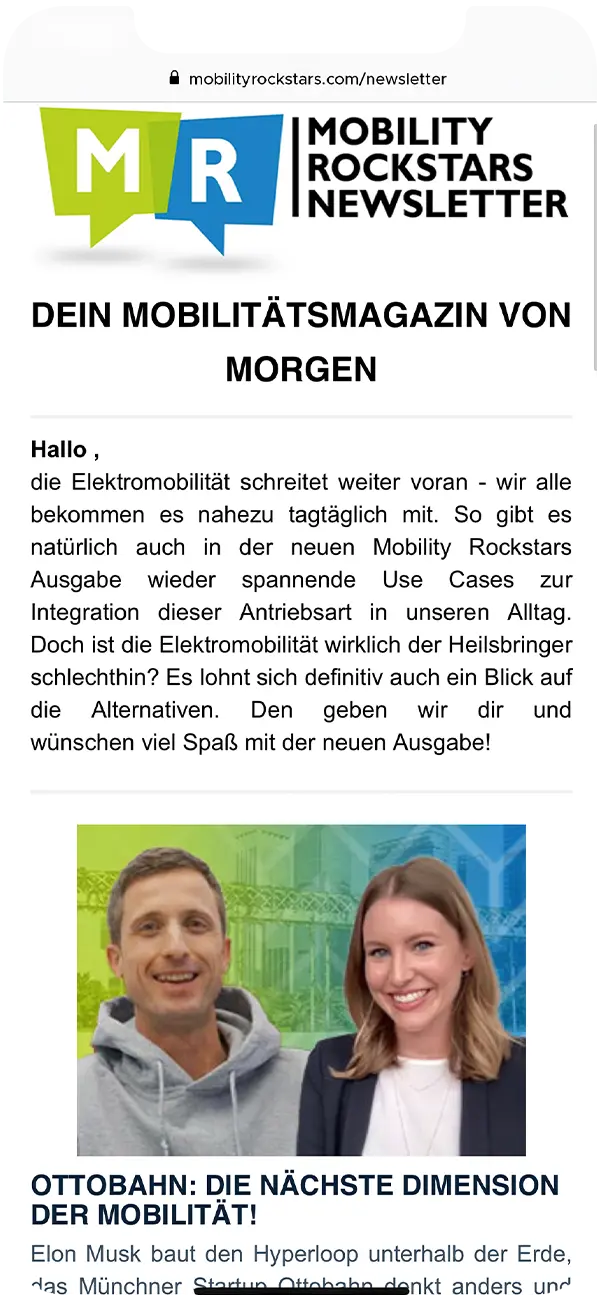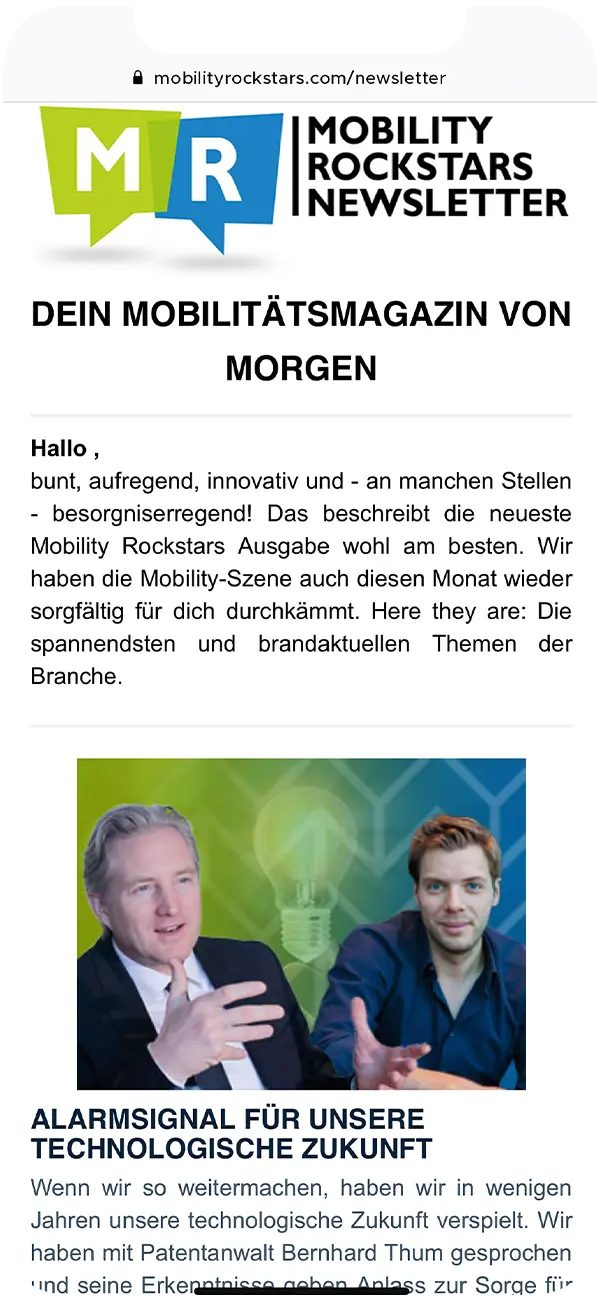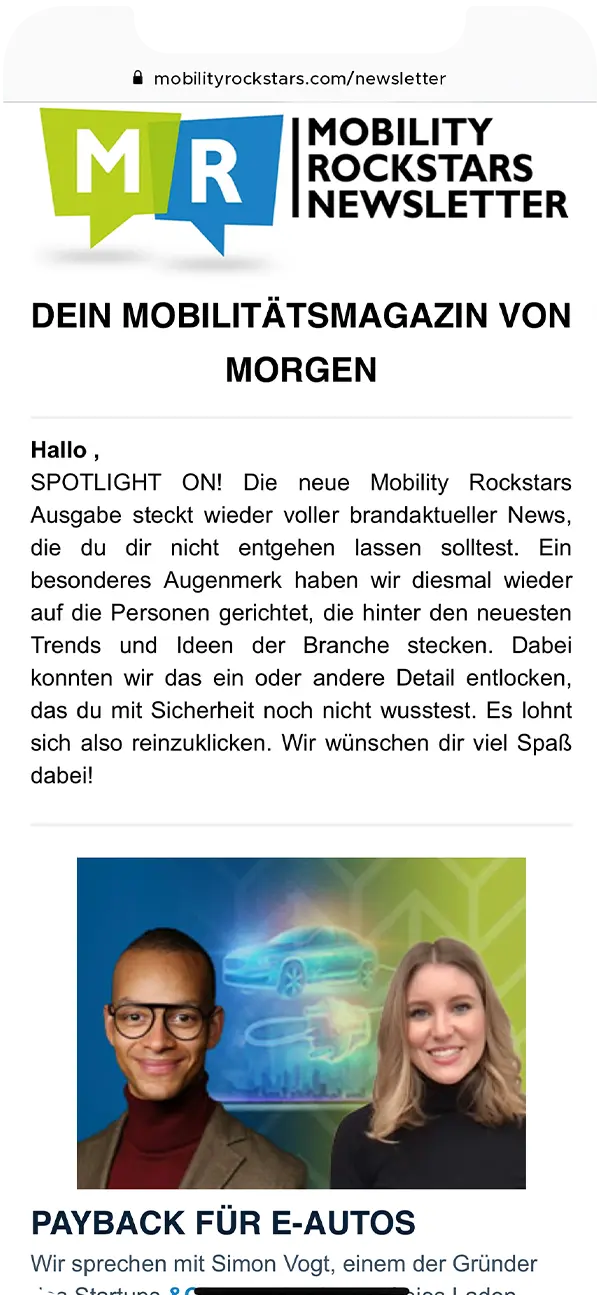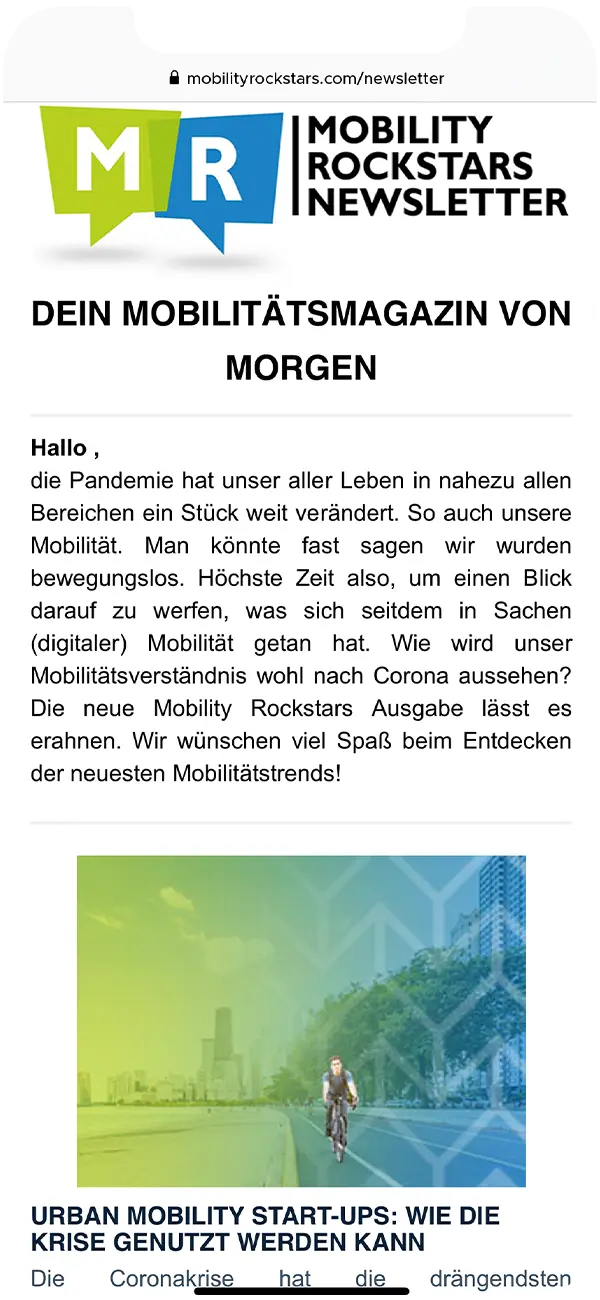ExoMatter: Material development via A.I. – Innovation meets sustainability
Artificial intelligence is playing an ever-increasing role on the technological stage. Often underestimated as well as overestimated, A.I., used correctly, is an excellent learning method to simplify computationally intensive work in a solution-oriented and lasting way. It is not a "magic box" with automatic super solutions, but valuable helpers in categorizing data, machine learning and finding solutions in the industry. In the process, it is conquering almost every sector from finance to automotive and, of course, in everyday life, where we all already use A.I., often unnoticed.
Particularly exciting here, especially from the perspective of data science and industrial machine learning, are the methods, approaches and, of course, the solutions. Barbara Prähofer and her colleagues at ExoMatter are working on one of these, using A.I. to develop a wide variety of materials. We had the opportunity to talk with Barbara about the topic and therefore wish you now a lot of fun with the interview!
- ExoMatter: "Can't be trying through materials for years until I find one that fits!"
- Trial and error won't and can't quite be replaced by ExoMatter.
- ExoMatter, "The customer can start directly into product development with the confidence that no relevant materials have been overlooked."
- ExoMatter: "Often a material is used "because it's always been done that way.""
- ExoMatter: "We want to become the tool that is used every day in every material development."

Marc
Marketing Professional
18.11.22
Ca. 12 min
ExoMatter: “Can’t be trying through materials for years until I find one that fits!”
Mobility Rockstars: Hello Barbara! For those who don’t know you yet: Would you like to introduce yourself and your company briefly?
Barbara: With pleasure. My name is Barbara and I am Co-Founder & Business Development Manager at ExoMatter. We (Joshua, Friedemann and me) founded ExoMatter in March this year. We are committed to revolutionizing material development and thereby reducing global ecological damage through innovative and sustainable materials.

Mobility Rockstars: Your company develops materials via A.I., algorithm and machine learning. How did you come up with the idea?
Barbara: The idea came from Josua Vieten, our material developer and chemist in the company. When Joshua was writing his doctoral thesis and had to look for a material for solar thermochemical processes, he thought to himself “this can’t be to try out materials for years until I find a suitable material. This has to work much more efficiently and better…” After some research, no vendor or platform was found that could map this. Thus, Joshua started programming himself and found suitable materials in such a short time that it became a business idea. During his time at Celonis, he gained the insight he needed into a software-as-a-service company, giving him the final impetus to turn his idea into reality. To complete the technical side, he brought on board his former colleague at DLR, Friedemann Call, a physicist and sustainability expert. Now the only question that remained was “Who will bring this idea to market?” That’s when they found me, and I act as an expert in business development and digital sales – and we founded together.
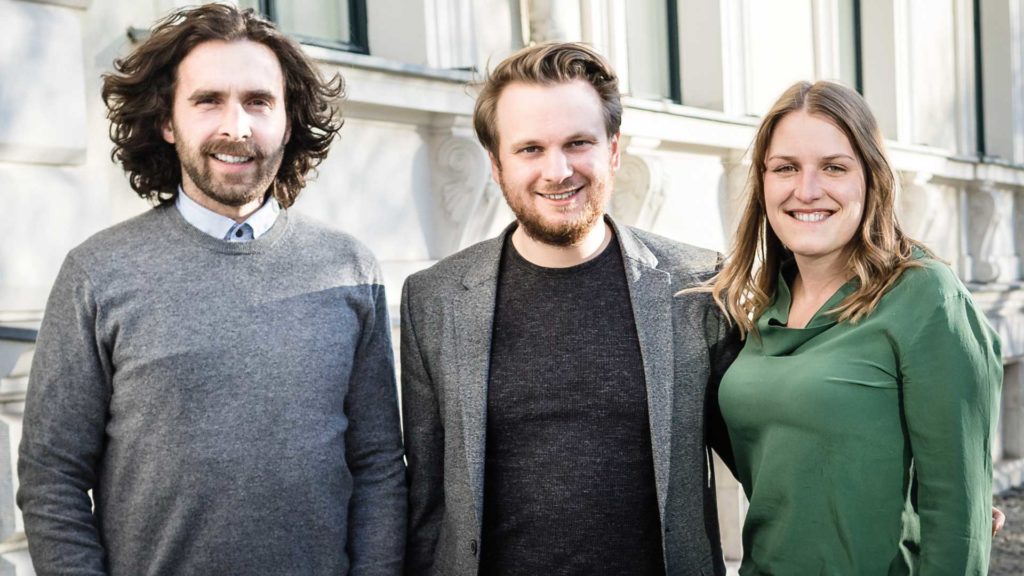
Trial and error won’t and can’t quite be replaced by ExoMatter.
Mobility Rockstars: Until now, finding alloys and glasses has been a highly nonlinear process. Gold behaves like gold, copper like copper – mix the two and you get red gold, which behaves like neither of the original materials. So does Exomatter put an end to the trial and error process that has existed since the beginning of mankind?
Barbara: Trial and error will not and cannot completely be replaced by ExoMatter. However, we are considerably reducing the proportion of trial and error in material development, by up to 85 percent. Our customers start product development directly with the best candidates and save themselves a lot of research work and pre-tests in the laboratory.
Mobility Rockstars: Sounds interesting: And how can the material properties be predicted?
Barbara: Through quantum chemical simulations, that is, simulating how you have to arrange individual atoms of a material so that the whole arrangement is most stable. Based on this, there are then further calculations of physical and chemical properties. Another approach is also to consider the experimental data and calculate properties of new materials with statistical correlation and machine learning.
ExoMatter, “The customer can start directly into product development with the confidence that no relevant materials have been overlooked.”
Mobility Rockstars: Can you explain your approach and the tech/tool stack you use in a bit more detail? So for example: How do you get your data, what models do you use, and how do you train your models?
Barbara: We translate the technical requirements of the application for the materials into chemical and physical parameters. In doing so, we also take into account ecological and economic requirements of our customers and remain in close exchange to find the best materials. To do this, we pull together data from various data sources and also often calculate new parameters or reaction conditions. In a smart web application, the most promising material candidates are made available to the customer on an application-specific basis. He can then start directly into product development with the certainty that he has not overlooked any relevant materials.
Mobility Rockstars: Keyword relevant materials: How do you see the state of materials that are already being developed in the aviation and automotive industries? Can’t we do any better, or is there still room for improvement?
Barbara: Depends on what kind of application you’re talking about. When it comes to high-tech materials, such as in batteries or sensors, there is still a lot of potential for a gamechanger. 80 percent of all breakthrough innovations are based on new and innovative materials. And that is also where we see our core competence. When it comes to standard materials that have to be produced in large quantities as cheaply as possible, for example the steel for a car, there are hardly any more opportunities there to develop something fundamentally new and displace the state of the art.
Mobility Rockstars: It certainly depends on what customers want, doesn’t it? How far can the specifications go? Can an automotive OEM place an order to find a material that will make engine hoods 17 percent lighter in the future, thus producing more battery range?
Barbara: With ExoMatter, you can find more sustainable alternatives or completely new inorganic materials. However, we cannot conjure up new materials, i.e. we work within the limits of chemistry and physics. But there is still a lot of room for improvement, especially when it comes to batteries. We supply the best possible chemical compositions – but our customer still has to cast the hood himself.
ExoMatter: “Often a material is used “because it’s always been done that way.””
Mobility Rockstars: Okay, let’s pass it that way 😀 But let’s talk about the data again: is there an actual model of the new material, or is it more likely to find candidates whose interaction could be a match, and then steadily increase the probability of the match? Are there percentages to this that you can and may communicate?
Barbara: Both and. Often we work with data from already known materials. That’s about one million materials in the inorganics area alone. There is a lot of potential for optimization here when matching with applications. Often a material is used “because it has always been done that way”. This is exactly where we offer an immense advantage. Our algorithms think “out of the box” and often find something that no one in the industry had yet thought of. But we can also develop completely new compositions – giving companies an even greater competitive advantage.
Mobility Rockstars: Of course, this sounds incredibly interesting, but at first glance it also sounds a bit complicated. But you take the fear out of partners by making it clear that customers don’t need any prior knowledge of chemistry – cool! What else would the customer need to bring to the table to have a chance of success in the material search?
Barbara: The customer just needs to know what the technical and economic/ecological requirements are for the material. Or he already has one or the other material in use and wants to find a better alternative to it. In all cases we will find the best materials for the customer.
Mobility Rockstars: Do you actually have to know the industry from which customers hire you, or are there even restrictions on who you can work for?
ExoMatter: “We want to become the tool that is used every day in every material development.”
Barbara: We are not industry-specific. Our core competence is inorganic materials, which play a role in the energy transition and transformation towards a more sustainable economy.
Mobility Rockstars: This is good news for all industries! Now our popular “science fiction question” to finish: What is the biggest goal you would like to achieve when there are no more obstacles? Material for SpaceX? Build an airplane yourself? Develop the new must-have material for entire industries?
Barbara: We don’t want to develop our own materials. We’ll leave that to the others. We want to become the tool that is used every day in every material development. And we want to develop materials to achieve a more sustainable future! Whether or not we need SpaceX for this, or rather a much lighter battery for an e-bike, remains to be seen.
Mobility Rockstars: Thank you Barbara for the great and exciting insight into ExoMatter and material development via A.I. – we are sure that your solution is extremely exciting for the industry and look forward to hearing from you again!





